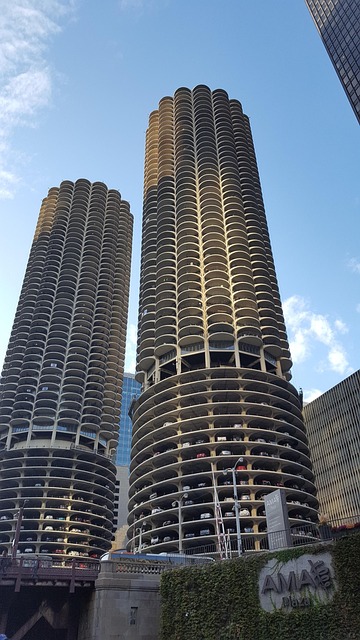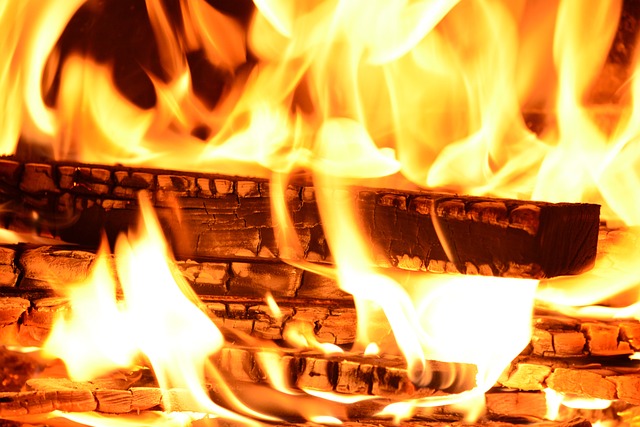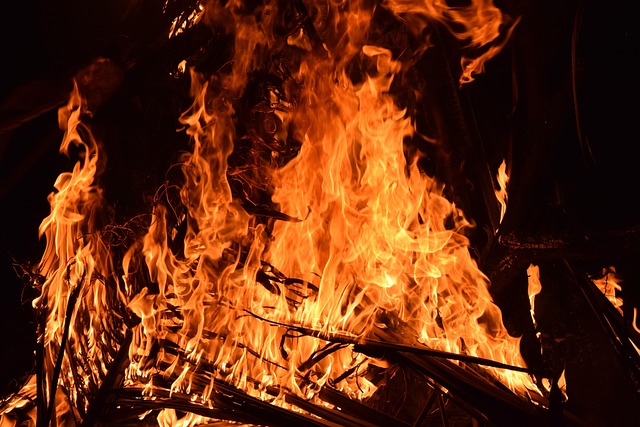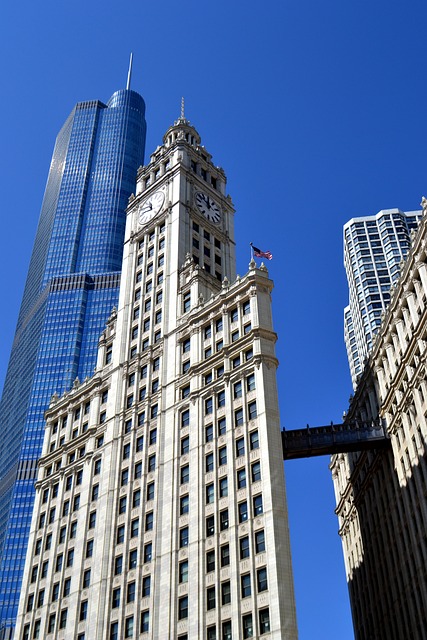The Chicago real estate market is characterized by high demand and steady appreciation for residential properties. Selling a fire-damaged home presents challenges, but strategic renovation can transform it into a desirable asset. A successful sale requires assessing damage, understanding local market preferences, focusing on structural repairs and fixture upgrades, collaborating with professional restoration experts, highlighting safety improvements, and positioning the property as a renovation opportunity. After the sale, rebuilding efforts contribute to the city's real estate market and community revitalization, particularly in sought-after neighborhoods like Lincoln Park, Wicker Park, and Bucktown.
“Uncover the dynamic landscape of the Chicago real estate market, where trends and unique challenges intertwine. This article explores the ins and outs of navigating this competitive environment, focusing on selling fire-damaged properties in a city known for its resilience. We delve into effective strategies for preparing your home, ensuring a successful sale. Additionally, we examine post-sale considerations, highlighting opportunities for rebuilding and investing in Chicago’s ongoing recovery, particularly after fire damage.”
- Understanding the Chicago Real Estate Market: Trends and Factors
- Navigating the Challenges: Selling Fire-Damaged Properties in Chicago
- Strategies for a Successful Sale: Preparing Your Home for Buyers
- Post-Sale Considerations: Rebuilding and Investing in Chicago's Recovery
Understanding the Chicago Real Estate Market: Trends and Factors
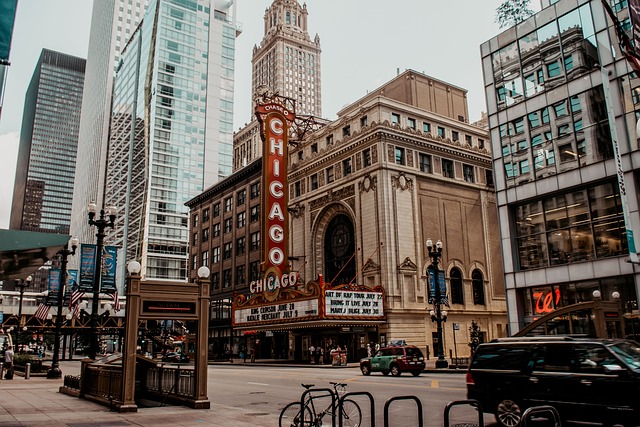
The Chicago real estate market is a dynamic and multifaceted landscape, influenced by various economic, social, and environmental factors. Understanding these trends and dynamics is crucial for both buyers and sellers navigating this competitive space. One notable trend has been the increasing demand for residential properties, driven by the city’s thriving economy and its reputation as a cultural hub. This surge in interest has led to a healthy market for both new constructions and historic homes, with many areas experiencing steady appreciation.
When it comes to specific segments, selling fire-damaged houses in Chicago presents unique challenges and opportunities. While damage from fires can significantly impact property value, the right renovation and rebuilding efforts can transform these homes into desirable residential assets. Investors and buyers who recognize the potential for restoration are often drawn to these properties, as they offer relatively affordable entry points compared to other markets in the city. This segment requires careful assessment by both parties, considering not just the physical repairs but also the community’s recovery efforts and the broader economic climate.
Navigating the Challenges: Selling Fire-Damaged Properties in Chicago
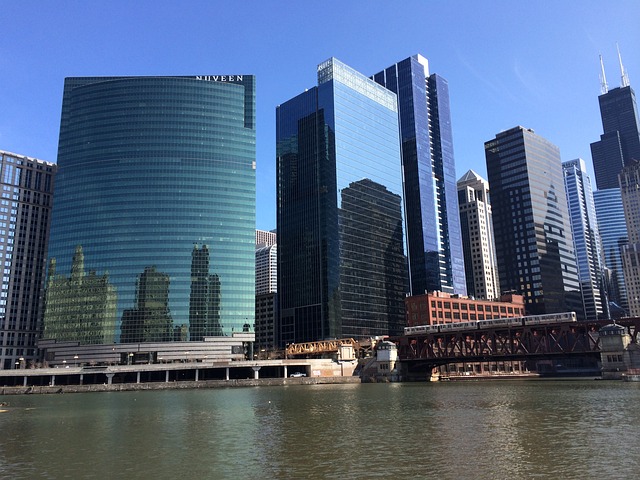
Navigating the challenges of selling a fire-damaged property in Chicago requires a strategic approach. Fire damage can leave significant scars on homes, affecting both structural integrity and aesthetic appeal. However, with proper preparation and a well-informed strategy, homeowners can successfully sell their properties despite these setbacks.
In Chicago, the real estate market is competitive, and buyers are often discerning. When presenting a fire-damaged house, it’s crucial to highlight the potential for transformation and rehabilitation. Professional restoration work can mitigate damage and restore the property’s value. Homeowners should document repairs made and ensure transparency during the selling process. This approach not only builds trust with prospective buyers but also positions the property as an exciting renovation opportunity in a vibrant market like Chicago.
Strategies for a Successful Sale: Preparing Your Home for Buyers
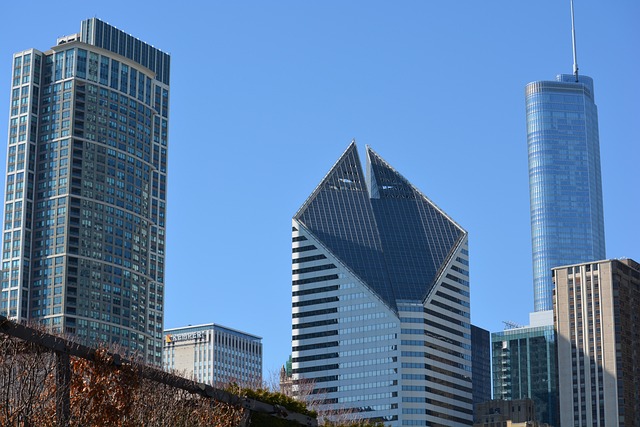
When preparing to sell a fire-damaged house in Chicago, a strategic approach is essential. Start by assessing the extent of damage and understanding the local real estate market’s specific needs. Given that Chicago’s housing market values both charm and modernity, focus on restoring your property while enhancing its appeal. This might involve repairing structural damages, updating fixtures, and optimizing natural light to create a fresh and inviting space.
Consider working with professionals who specialize in fire restoration to ensure top-notch repairs and maximize the resale value of your home. Additionally, highlight any safety upgrades or improvements made during the renovation process. Potential buyers are often drawn to properties that not only meet their aesthetic preferences but also prioritize their well-being, making these strategies crucial for a successful sale in the competitive Chicago real estate market.
Post-Sale Considerations: Rebuilding and Investing in Chicago's Recovery

After a property is sold, especially in the context of a sell fire damaged house Chicago scenario, there are several post-sale considerations that play a crucial role in Chicago’s real estate recovery. The first step is to assess the damage and create a comprehensive renovation plan. Many homes affected by fires require significant rebuilding efforts to restore them to their original—or even improved—state. This involves structural repairs, updating electrical systems, replacing damaged or outdated finishes, and ensuring compliance with local building codes.
Investing in these post-sale improvements not only enhances the property’s value but also contributes to the broader Chicago real estate market’s recovery. As the city continues to grow and evolve, areas like Lincoln Park, Wicker Park, and Bucktown have seen a surge in demand for unique, well-restored properties. Rebuilding after a fire can transform a damaged home into a desirable residence, attracting buyers who appreciate the opportunity to invest in both real estate and community revitalization.
The Chicago real estate market, with its unique trends and challenges, presents both opportunities and obstacles for homeowners. Navigating the process of selling a fire-damaged property in Chicago requires a strategic approach. By understanding the market dynamics and employing effective preparation techniques, sellers can successfully navigate this journey. From recognizing the demand for well-prepared homes to embracing post-sale investment opportunities in Chicago’s recovering neighborhoods, this article equips readers with valuable insights for a smoother real estate experience. Remember that, when it comes to selling fire-damaged houses in Chicago, being informed and proactive is key to achieving a successful sale.
